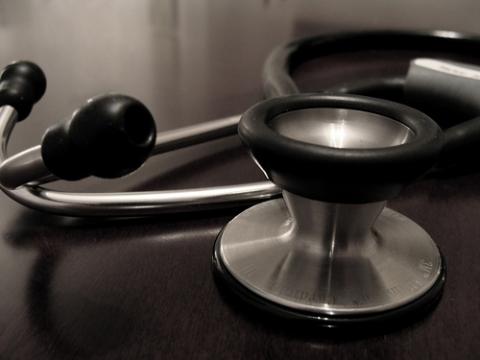Restrictions on GPs treating medical card holders to be lifted

On 14 September, Minister for Health James Reilly announced that he had received Cabinet approval to lift restrictions on GPs treating patients with medical cards. So will this make it easier for people to access GPs and drive down the high costs of GP visits?
Quite simply we don’t know yet, and will have to wait for the detail of the legislation will determine whether it will or not, but let’s look at its origins in the EU/IMF Programme for National Recovery. There it says that, “All restrictions on appropriately trained GPs who wish to hold General Medical Scheme (GMS) contracts will be abolished.” This sentence - on page 33 - is contained in the section on professional services, where it is acknowledged that the costs of many professional services have come down but in a few specific areas – legal, insurance and GPs – they have not. The Competition Authority has also called for measures to increase competitiveness in this sector.
The aim is to drive down the costs of GP care through more open competition between GPs, which in turn should make GPs more accessible. However, the rules of the market do not always apply to health or GP care; particularly in this context, where the vast majority of GPs’ income comes from their medical card patients. In other words, the majority of their income does not come from the private free market but from annually guaranteed public money.
We do not know exactly how much of GPs’ income comes from their medical card patients because GPs are self employed contractors. There are about 2,600 of them practicing in the country (although no one could give me a definitive number). 80% of these have GMS patients and were paid about €477 million last year for treating them. They are paid through capitation. This works out on average at €240 per person per year but the sum varies enormously depending on age, distance from GP etc. GPs also get paid for vaccines, baby checks and so on, but much of what they earn goes to pay for nurses, premises, and equipment. Estimates of average GP incomes are hard to get but it is guesstimated at €120,000 a year..
To get ‘free’ GP care, if you are a medical card holder, once you get your card, you get a list of GPs in your area and can choose which one you want. You then have to get the GP to accept you into the practice. There have been reports of people being unable to get on GP lists as they are closed, although both GPs and the HSE say today that this is no longer the case, except in Kildare.
With increased numbers of unemployed and lower incomes, more people are eligible for medical cards, meaning there is a greater demand to get on a GMS list. In June there were 1,680,534 people covered by medical cards – an increase of 121,757 since June 2010. When you include GP visit cards, over 39% of population is now covered to go to their GP without paying.
The main obstacle currently in place is for newly qualified GPs to get a GMS list – they either have to apply to the HSE for a list that comes up when someone has retired, or join a practice, so it’s a long and insecure route in. Given that GMS lists constitute a majority of most GPs’ income they are crucial.
The press release from the minister announcing the lifting of restrictions on GPs treating patients with medical cards says the HSE “can enter into a contract with any suitable qualified GP” - this might take some of the uncertainty away for newly qualified GPs.
So is there any chance this move will drive down costs for private patients? This is still unclear. We know from international and national experience that the ‘market’ in health care can lead to over-investigation and over-referral to hospital care.
Also, providers - in this instance GPs - may migrate to richer, more profitable areas (something which already happens now) so rural areas and certain deprived urban areas are not adequately provided for. There is a risk that increased competition or less regulation would make that worse not better.
This issue could be dealt with in legislation, but it never has been up to now. The contract currently in place was agreed in 1989 and health care has changed a lot since then. Minister Reilly has spoken publicly about introducing a new GP contract, about incentivising GPs to treat chronic diseases and so on, but speaking an IMO rep says they have not begun discussions with the minister on this, although he is now six months in place.
Finally the programme for government promises free GP care for all by 2016 and the first to get a bite of this will be those on the long term illness scheme – who are due to get free GP care within the first year of government. A spokesman for the government said these plans are on track – although GPs say they have not heard a word about it. Presumably this will require extra payment to GPs – it will be interesting to see where this comes from.
Image top: chickenlump.
